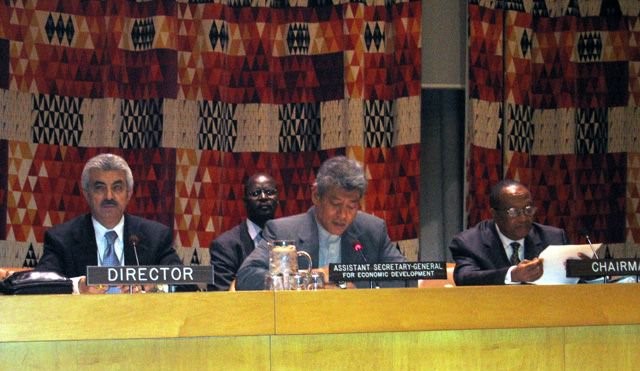The Committee of Experts on Public Administration held its fourth session at the United Nations in New York from 4 to 8 April 2005.
Report
Arabic | Chinese | English | French | Russian | Spanish
Subtopics | Major recommendations/conclusions |
Revitalizing public administration | The Secretariat to the United Nations should deepen its analytical, advisory and technical cooperation capacities to ensure that viable options of public administration practices are identified and that the pre-conditions for their successful adaptation are clearly set out, in support of the Millennium Development Goals. The new challenge is one of finding how to work with acknowledged diverse models and traditions of organization and management of public affairs, and looking for successful policy options. This implies shared knowledge, public administration education and training, trans-border cooperation and support for international organizations. |
Searching for a bottom-up approach and methodologies for developing foundations and principles of sound public administration | Member States should opt for bottom-up approaches, which ensure that citizens themselves have the last word on the underlying principles, foundations, quality and effectiveness of their own public administration, and which lead to the due recognition of the diversity of national management systems. It is important to promote participation in public affairs and to find a sound method of assessing and alleviating the declining trust in government. The Secretariat should prepare a questionnaire to elicit views from the recipients of public services on what constitutes a well-performing, efficient and quality oriented public administration. This questionnaire should be prepared with due attention to public service indicators that apply to achieving the MDGs. |
Promoting and rewarding innovation and excellence for revitalizing public administration and service delivery | The United Nations Public Service Awards have been established to recognize and reward innovation, motivate an initiative-taking and selfless public service, and promote dissemination and replication of public administration knowledge and good practices. The Secretariat should improve the process of granting awards and the content of the awards by:
|
 مرحباً بكم في الأمم المتحدة
مرحباً بكم في الأمم المتحدة 
